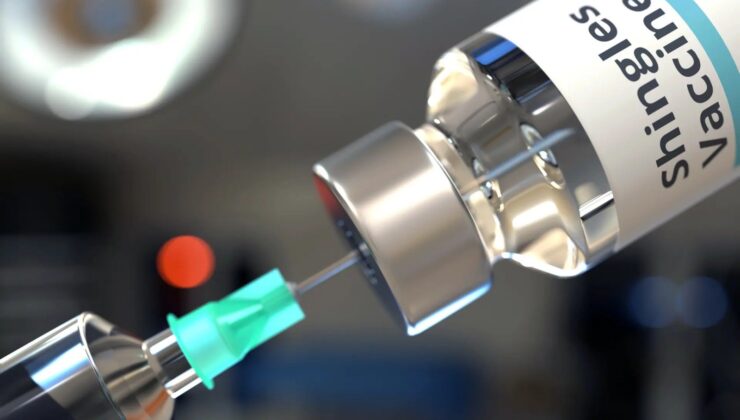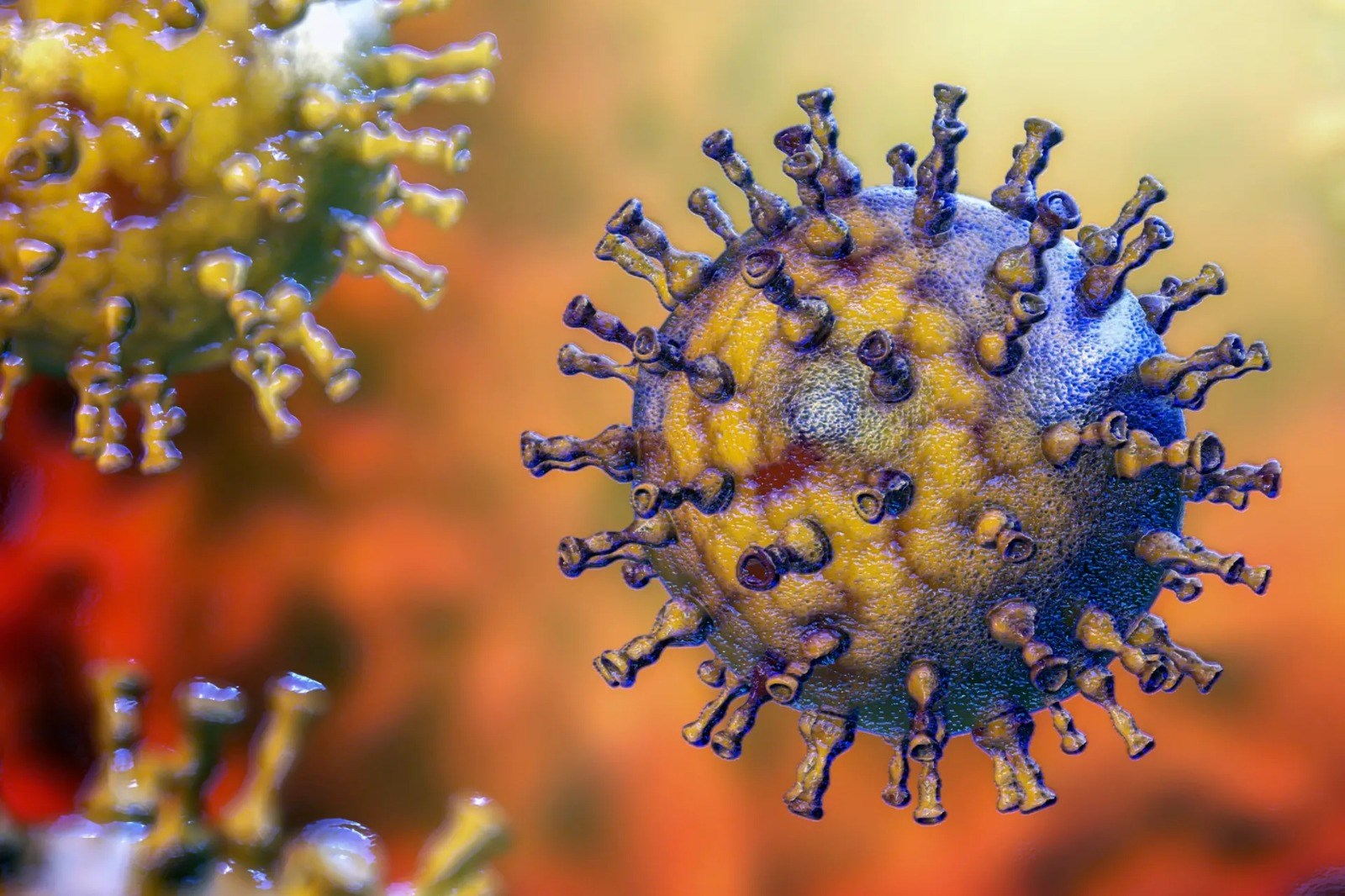


Stanford Medicine has validated a pivotal scientific discovery that the shingles vaccine diminishes the risk of dementia. Recent investigations employing a distinct public health strategy in the United Kingdom have demonstrated that receiving the shingles vaccine can lower the chance of developing dementia by 20 percent.


In recent times, accumulating evidence has suggested that herpes viruses, including those responsible for shingles, may contribute to the onset of Alzheimer’s disease. However, prior research often struggled with methodological constraints. Earlier studies typically compared vaccinated individuals with their unvaccinated counterparts, yet failed to adequately consider factors like the health consciousness influencing vaccination decisions.
This latest research capitalized on the unique framework of the shingles vaccination initiative launched in Wales on September 1, 2013, to derive more dependable conclusions. The study scrutinized electronic health records from 282,541 adults in Wales, all of whom were free of dementia diagnoses at the inception of the vaccination program. Over a follow-up period of seven years, findings revealed that by 2020, one out of every eight participants had been diagnosed with dementia. Nonetheless, those who had received the shingles vaccine exhibited a 20 percent reduction in the likelihood of receiving a new dementia diagnosis.
Consequently, the capacity of the shingles vaccine to mitigate dementia risk presents a potentially significant public health strategy, particularly for an aging populace.
DÜNYA
8 gün önceSİGORTA
12 gün önceSİGORTA
12 gün önceSİGORTA
12 gün önceSİGORTA
12 gün önceSİGORTA
13 gün önce 1
Elon Musk’s Father: “Admiring Putin is Only Natural”
11312 kez okundu
1
Elon Musk’s Father: “Admiring Putin is Only Natural”
11312 kez okundu
 2
Minnesota’s Proposed Lifeline Auto Insurance Program
9301 kez okundu
2
Minnesota’s Proposed Lifeline Auto Insurance Program
9301 kez okundu
 3
Introducing Vivo Y300 Pro+: A Blend of Power and Affordability
7261 kez okundu
3
Introducing Vivo Y300 Pro+: A Blend of Power and Affordability
7261 kez okundu
 4
American Nurse Survives Harrowing Moped Crash in Thailand
2142 kez okundu
4
American Nurse Survives Harrowing Moped Crash in Thailand
2142 kez okundu
 5
Unveiling the AMD Ryzen AI Z2 Extreme: A Potential Game-Changer for Intel
1299 kez okundu
5
Unveiling the AMD Ryzen AI Z2 Extreme: A Potential Game-Changer for Intel
1299 kez okundu
Veri politikasındaki amaçlarla sınırlı ve mevzuata uygun şekilde çerez konumlandırmaktayız. Detaylar için veri politikamızı inceleyebilirsiniz.